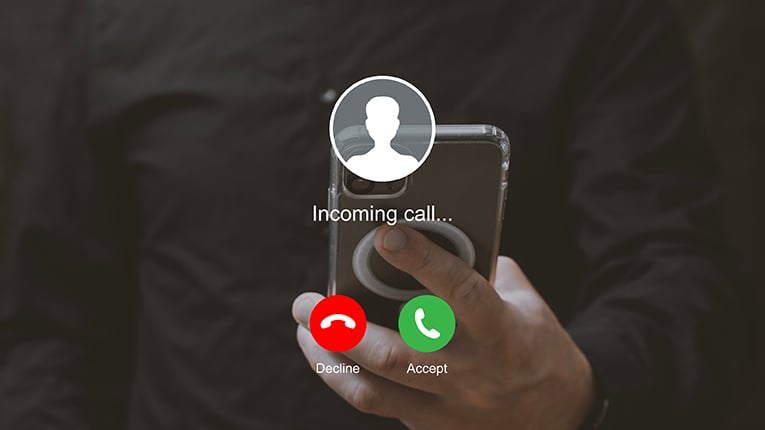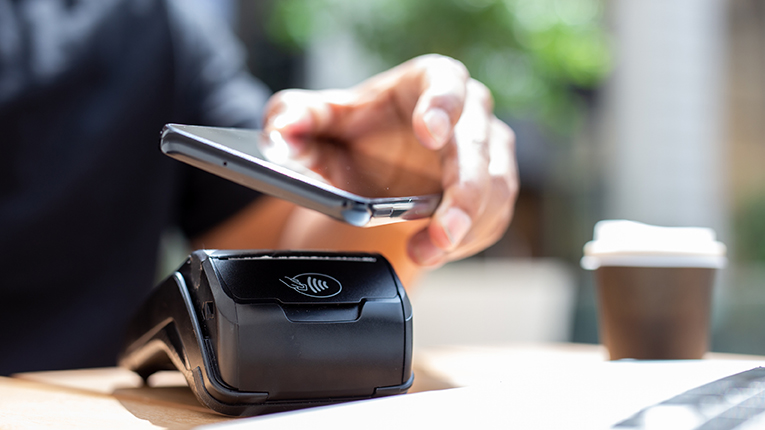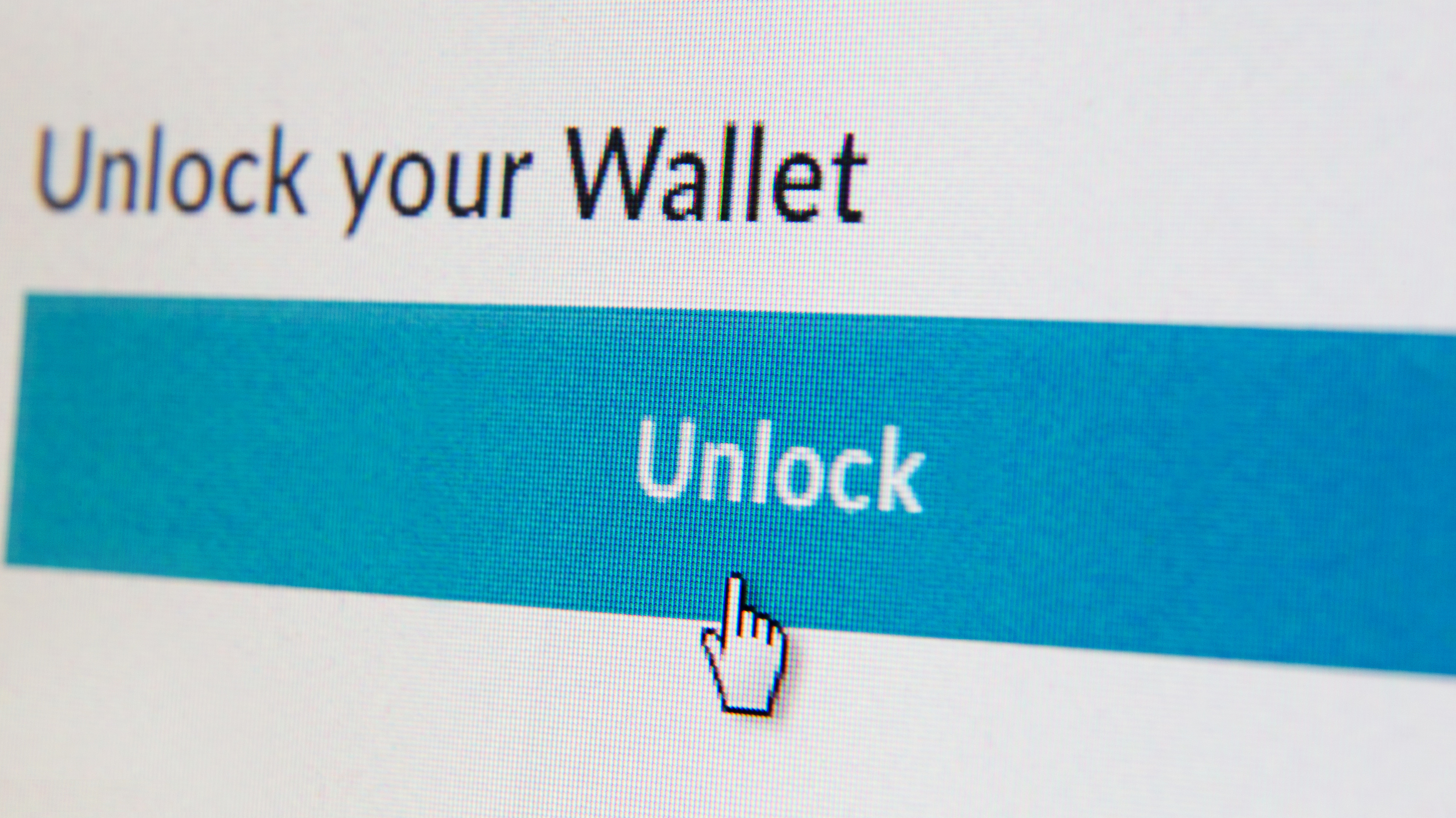By increasing your knowledge of how scammers use phishing tactics and your awareness of anti-phishing techniques, you’ll be able to combat potential threats and protect your personal information.
What is a Phishing Email?
Phishing, with a “ph”, is a cyber-attack that uses trickery to contact a target via email with the intent of getting them to provide their personal information. Typically, a phishing email will include a fake link disguised as a real one, or an attachment that’s infected with malware in an attempt to obtain usernames, passwords, bank information, credit card details, and other sensitive information.
If the scammer is successful in obtaining their target’s information it can result in monetary losses, identity theft, and damage to the victim’s credit that can take many years to recover from.
help people and those in underserved communities achieve financial success. No matter where you are on your financial journey, Peach State is here to help.
Before You Act, Look For These Red Flags
Determining a real email from a phishing attempt requires knowing what warning signs to look out for. Scammers often renew their strategies to keep up with the latest news or trends. However, there are common tactics that they typically use which when identified, can help you spot the signs of a phishing attack.
- Email includes a suspicious link or attachment. You receive an email asking you to click on a link that looks suspicious or download an attachment.
- Has incorrect spelling or grammar. Bad spelling or incorrect grammar use is one of the more obvious signs of a phishing attempt. An email from a legitimate business should be well written.
- The message is urgent or sounds too good to be true. If the request feels urgent or the offer seems too good to be true or, then chances are it may be a phishing attempt.
- Uses a generic salutation. Phishing emails typically use generic salutations. Genuine companies will address you by name.
How to Protect Yourself From Being Phished
To avoid getting hooked in a phishing scam, it’s best that you familiarize yourself with how to recognize the warning signs, exercise caution before clicking links or downloading attachments, and take other proactive measures in safeguarding your personal information online.
- Rethink clicking that link. Don’t click on links from unsolicited or unusual emails. Hover over the link to view its real destination.
- Do not download attachments. Attachments can often contain malware or viruses that harm your digital devices. If you receive an unexpected email with an attachment, don’t download it.
- Don’t trust it, verify it. Spoofing an email address to look like it’s coming from a legitimate business is common. Hover over the email address that’s displayed to determine its source or contact the sender using a different communication method.
- Keep updated software. Regular updates help keep your devices protected from bugs, security holes, or other vulnerabilities found in software programs. Always make sure your devices have the latest software installed.

What to Do If You Suspect a Phishing Attempt
If you receive an email and are unsure whether it’s legitimate, it’s best to not click a link, reply, or downloaded any attachments. Remember what warning signs to look for in an email, trust your gut instincts if anything feels out of the ordinary, and delete the email immediately.
Peach State nor any of our third-party vendors (i.e., Visa) will never call, text, or email you asking you to disclose account or other personal information. If you believe you were contacted from someone pretending to be from Peach State or another other legitimate agency, please contact us immediately at 678.889.4328, stop by your local branch, or email us at psfcu@peachstatefcu.org.
To learn more ways you can protect yourself, check out our fraud prevention blogs at peachstatefcu.org/blog/tag/fraud-prevention.





